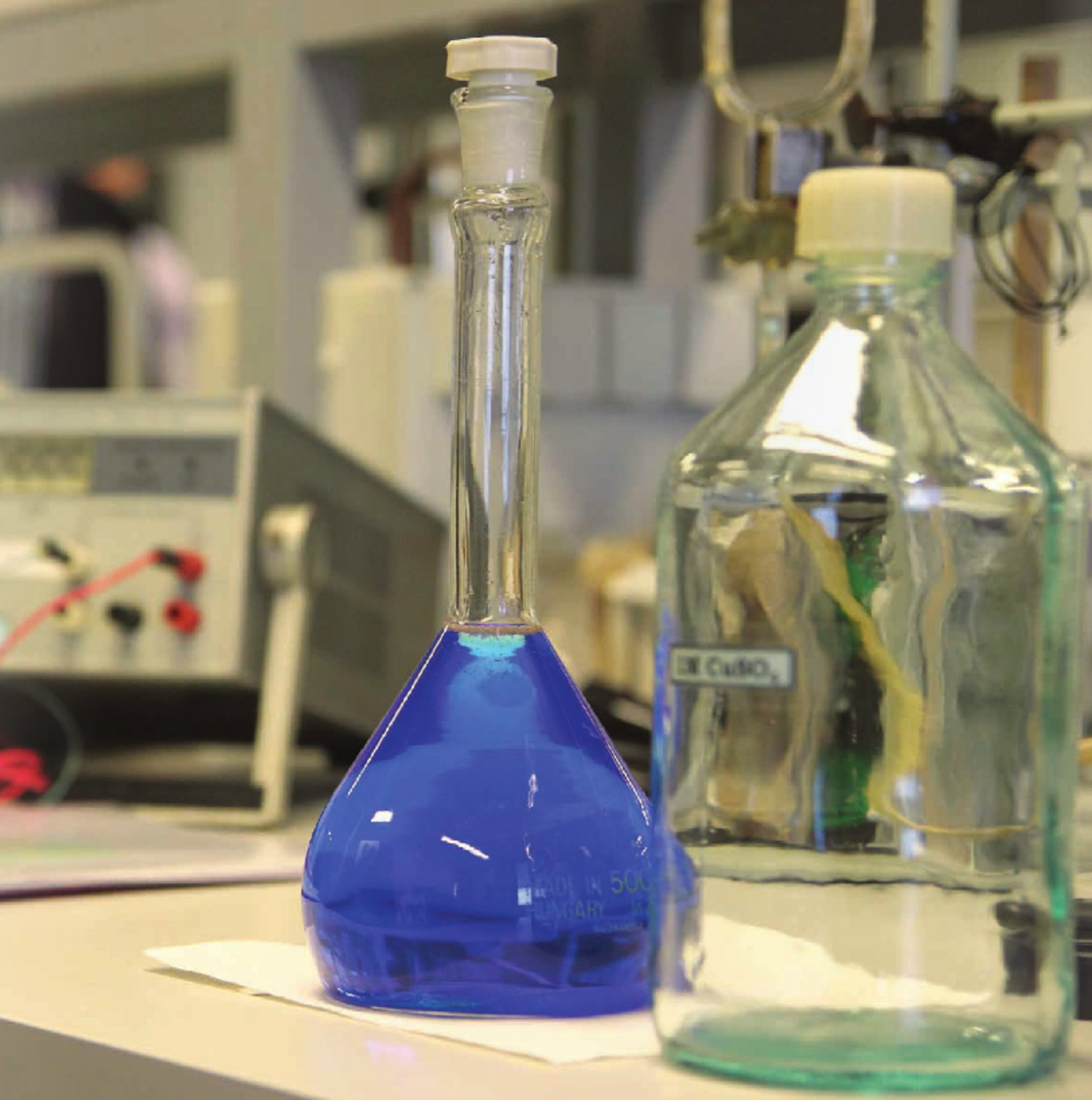
The aim of the UL SC has always been to promote inquisitiveness and to support the realization of students’ ideas; therefore one such support mechanism throughout the year has been the UL SC Project contest, providing support for various students’ ideas and initiatives in the fields of society, culture, science and research. In 2015, within this project contest, it was possible to support students’ ideas to improve the academic environment, upgrade lecture rooms as well as to send the UL student representatives to international arts and academic events. This year’s total funding for the realization of students’ ideas amounted to 30 000 EUR. There are some brilliant academic projects among those supported, giving us hope that the University of Latvia has young people who will in the future become world famous scientists.
Drugs against Cancer, Improvement of Quality of Life and Environment Protection
The fields, spheres and scientific disciplines of research might vary, but the common denominator to all projects is the social dimension and desire to find means, methods and possibilities to make the world a better place. For example, the scientific research carried out by Zane Ozolina, student of the Faculty of Biology, on the importance of nutrient-dependent signalling pathways during cell starvation in the cells of bread yeast promotes the search for new pharmaceutical substances. Scientific project “Isolation of Specific DNA Amounts of Renal Carcinoma”, carried out by Karlis Pleiko, student of the Faculty of Medicine, provides insight on the application of specific methods in the diagnosis and treatment of malignant kidney diseases, so that these methods can be either used in further inertia project studies or excluded from further medication search for this particular illness. Students’ international vision and attitude towards global climate problems and environment protection can be seen in “The Development of Geophysical and Geomorphological Studies in Today’s Glaciers and Periglacial Areas at the Shores of Iceland” project carried out by Davids Berzins, student of the Faculty of Geography and Earth Sciences. The results of this project will help to modernize study courses and to master various up-to-date data acquisition methods used in modern research on glaciers.
Creative Competitions of Young Researchers
In September 2015, along with the annual Researchers’ Night, Scientists’ Fight Club competition for young researchers took place. In an informal atmosphere in the music club NABAKLAB, students of bachelor, master and doctoral studies gave presentations in three distinct blocks to introduce the audience to their academic research topics, for example, death theology or “art of dying” (Rinalds Gulbis), mathematical modelling in optimal building designs (Olga Petrova), embedded devices and software to monitor health data during rehabilitation (Emil Syndyukov). Similarly, the correlations between the low turnout for the elections to the European Parliament and the unemployment rate in the countries that joined the European Union in 2004 was looked at (Marta Suveizda), and answers to the question of how to react when the bandage is not enough to treat the wound were searched for (Agija Lace). Informal competitions in the fields of science, humanitarian and social disciplines promote scientific activity - people can understand what young researchers think about, whereas young researchers themselves can realize whether their chosen field of research is significant for society.
What to Expect in 2016
2016 will be a year of major changes for the University of Latvia. Already in February, students will learn about the possibilities to get financial support for the realization of ambitious scientific ideas. Whereas information about interdisciplinary and informal young researchers’ meetings and creative competitions of Scientists’ Fight Club, during which to share one’s research and discoveries, will be published in the second half of the year.
The UL SC is an organization representing students of the University of Latvia both at the university and outside it in academic and social matters. In addition, it promotes cultural events and scientific activities.

 CONFERENCE
CONFERENCE